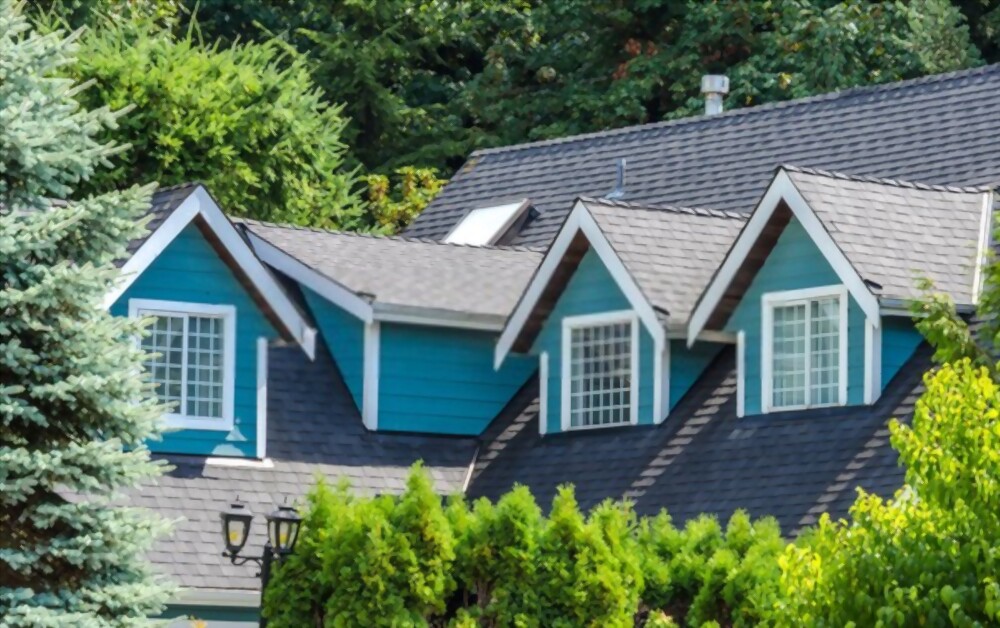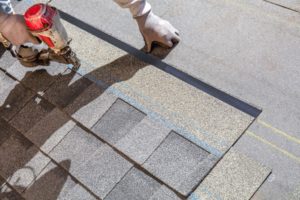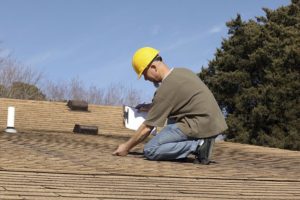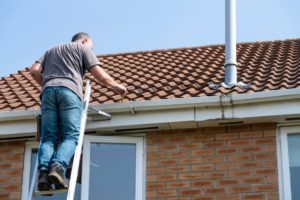The roof of your house can be a significant investment, and there are some things you should know when it comes to extending your roof’s lifespan. Several factors can affect the life expectancy of a roof, both positively or negatively, but you have to ensure that whatever step you take will help to extend the life of your residential roof. In this post, you’re going to learn how to make your roof last longer, the life expectancy of a residential roof, a unique way to properly care for your roof, and how to extend the life of your residential roof.
What is the Lifespan of a Residential Roof
The lifespan of a residential roof ultimately depends on the roofing material used to build the roof. There are other factors that can affect the roof lifespan such as weather conditions, installation, sun exposure, slope, ventilation, insulation, and maintenance, but roof material is the most critical factor to consider as some roof materials are more durable than others.
Roofing materials such as slate, concrete, and tile roofs are believed to be the most long-standing roofing materials and can last more than 50 years, whereas asphalt shingle roofs which are more affordable and very popular in the US can last about 20 – 25 years depending on the shingle type used. If you’re looking for a roofing material that is best for your home, climate, e.t.c., you’ll need to consult an expert local roofer. There are multiple roofing materials you can go for, but an expert can help you choose the right material that is the best fit for your home and within your budget.
5 Ways to Extend the Life of Your Residential Roof
Although you can’t make your roof last a lifetime, there are things you should know to lengthen its life and ensure it reaches its life expectancy. The following are the top 5 ways you can extend the life of your residential roof.
1. Inspect Your Roof
The quote “prevention is better than cure” is a commonly used phrase in modern health and social care, but it is also applied when it comes to your roof considering the high cost of roof repair and replacement. Inspecting your roof is ultimately one of the most important steps to take in order to keep your roof in a good condition and extend its life expectancy. When you inspect your roof periodically, it helps to keep an eye out for any roof damage and ensure the integrity of your roof is not been threatened at any time. Inspecting your roof will also allow you to discover any roof damage in its formative stage so as to take the necessary precaution of fixing it to avoid escalating to a bigger problem. If you discover any roof damage during the cause of your roof inspection, it is important to engage the services of a roof repair professional to fix the damaged area and keep your roof in perfect condition.
2. Trim your Trees
Trees with overhanging branches above your roof pose a great danger to your roof as they can easily break and fall on your roof, causing major roof damage in the process. Apart from the threat from the overhanging tree branches, small animals such as squirrels can easily gain access to your roof from the overhanging tree branches and can lead to more damage to your roof, which will eventually shorten its lifespan. To extend the life expectancy of your residential roof, ensure your trees are properly trimmed in order to avoid any roof damage from tree branches.
3. Clean and Maintain Your Gutters
Rain gutters are incredibly important because they are responsible for water management on the roof. They protect your home from rain and water damage by channeling water flow from your roof through the downspouts, and direct it outside your home. When you fail to properly clean your gutters, your roof can pick up a bunch of leaves and other debris that can block your gutters, causing water to stagnate and overflow, which can weaken your home’s structural integrity and create all sorts of problems such as roof leaks. Taking care of your gutters by cleaning the rain gutters around your home can save your roof from water damage and help to extend the life of your residential roof.
4. Ensure Your Attic Has Proper Ventilation
Proper attic ventilation is one of the major factors that can prevent your roof from deteriorating and help it to last longer. When your attic is poorly ventilated, it can become a trap for moist air and allow the growth of mold and mildew, which can shorten the roof lifespan. Without proper attic ventilation, excess moisture can end up seeping into the roof decking, which can end up damaging the entire roofing system. To extend the life of your residential roof and ensure it lasts longer make sure your attic is properly ventilated.
5. Hire a reliable and qualified roofer
Whether it’s a grand undertaking like roof replacement or a small-scale task like some roof repairs and inspection services to maintain and extend the life of your residential roof, working with a reliable and qualified roofer will help you to get your desired result first time. Professional roofing contractors are equipped with extensive training, skills, and equipment to handle any roofing project you might have and their experiences in solving roofing issues can be vital when it comes to the best ways to knowing how to make your roof last longer and avoid unnecessary problems. An experienced roofer can also provide you with a unique way to properly care for your roof based on the weather conditions of your area and other factors that can negatively impact your residential roof.
Conclusion
Your roof is an important part of your home and you should pay good attention to it. Not only does giving careless attention affect the average life expectancy of the roof, but also, it can cost you more when you fail to quickly detect and fix any damages that come up. This does not include the thousands of dollars you will spend on a new roof if the damages have gone beyond repair. Also, In as much as most of these roofs are built with durable materials, it still requires proper installation and maintenance to stand a chance of reaching their expected life span.






